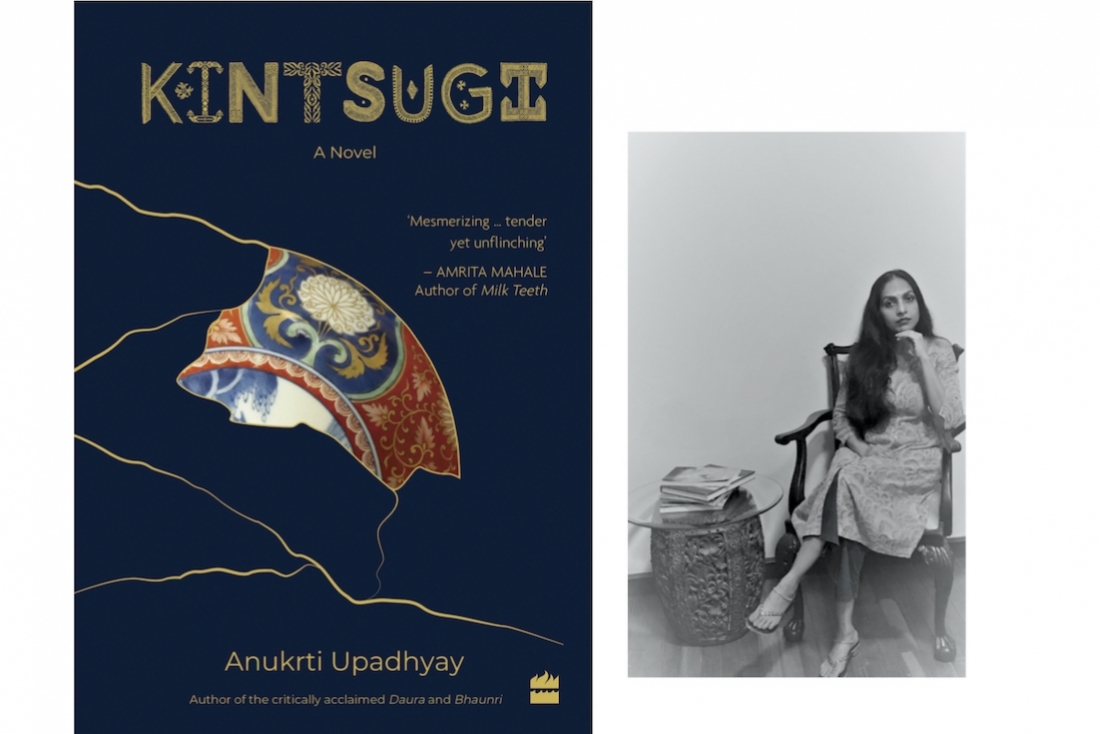

The Writer
I grew up with books for toys. My father taught literature at the university and was a very fine poet and writer, my mother a consummate story-teller. Everyone in the family read and talked about books. In such environment, it wasn’t strange that I was drawn to literature. I wrote poetry since childhood and ended up earning my first degree in literature and wrote a doctoral thesis on human relationships in post-modern Hindi short stories. I began writing fiction recently though.
I read mainly Hindi, Russian and British writers as I was growing up. In particular, Hindi writers like Phaneeshwarnath Renu, Aacharya Hazariprasad Dwivedi, Mannu Bhandari, Krishna Sobti, Russian writers like Tolstoy, Dostoevsky and Chekov. I read many British classics from Scott to Trollope to Dickens and found myself drawn to D.H Lawrence, E.M. Forster, Henry James, Emily Bronte, Jane Austen. I was exposed to very few North American writers but read much of Hemingway and some works of Faulkner.
The Book
Kintsugi — named after the ancient Japanese art of mending broken objects with gold — is a novel about young women breaching boundaries, overcoming trauma, and challenging the social order. And about men surprised by women who are unconventional, unafraid and independent. It is the story of Meena, rebellious and unexamined, and Yuri, as complex as Meena is naive. Of Hajime, outsider to two cultures, and Prakash, unable to see beyond his limited horizons. It is also the story of Haruko who has dedicated herself to her art, and of Leela who is determined to break gender roles and learn the traditional gold-craft of her community. Set between Japan and Jaipur, Kintsugi follows the lives of these characters as they intersect and diverge, collide and break and join again in unexpected ways. The result is a brilliantly original novel as profound as it is playful, as emotionally moving as it is gripping.
The Process
It is difficult for me to say what made me write Kintsugi without resorting to triteness. The book was inspired by Hakone and Jaipur and Borneo, the diverse beauty of these places and the complexity of human feelings and fates that govern lives and loves. Again, it might seem cliched but I do not build or construct characters. I write intuitively and the characters emerge organically with the story. They craft, and are in turn crafted by, the story.
Kintsugi is set in various places with very distinctive cultures and I think the challenge was to depict them with honesty and authenticity. And of course to let the characters be what they wished to be instead of imposing my will upon them. What I wish the readers take away from the book is whatever they get from it. I just hope they get something from it, that it speaks to them.
The Pandemic and Beyond
I have been spending my time like most of us — looking after home and family, chatting, cooking, worrying about the world, the country and everyone’s health. I have also been reading and writing, conversing with the cat when she is kind enough to lend me an ear and sitting by my window enjoying the parade of birds in the trees.
Next, I am working on short stories and hopefully, a novel.